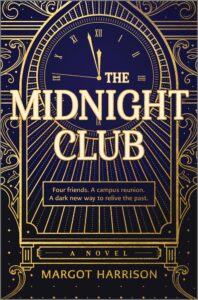Our memories make us who we are. In his novella Story of Your Life (basis for the film Arrival), science fiction writer Ted Chiang describes memories forming in the narrator’s mind “like a column of cigarette ash, laid down by the infinitesmal sliver of combustion that was my consciousness.” It’s a wonderful metaphor because it captures the fragility of a self based on memories: ashes are just fragments, easily scattered or blown away. When we feel nostalgic, we crave the immediacy of the “flame.” We want to re-experience our past in all its vivid detail, not just that ashy memory residue.
In my novel The Midnight Club, four college friends—now middle-aged—discover a solution to that problem: a “memory drug.” Just one sip of a creepy, pine-scented homebrew, they’re promised, and they can relive a moment from their past in all its original detail and immediacy.
A little nostalgia trip can’t hurt, can it? But one of the friends is determined to use the drug to solve a mystery with potential real-world consequences. She wants to know what really happened the night their fifth friend drowned—an incident she witnessed but was drinking heavily enough to black out.
My characters soon grow dependent on the memory drug, haunted by past regrets even when they aren’t under its influence. “How could you leave the past undisturbed when it was hiding parts of you from yourself?” one asks. Then they find themselves asking a much more dangerous question: If you can relive the past as if it were the present, what’s stopping you from changing it?
My fascination with this theme grew from my own tendency to dwell on memories, especially early ones—my family likes to call me “the Memory” because I have detailed (though far from flawless!) recollections of so many childhood incidents. Over the many years I worked on my book, I drew inspiration from neurologist Oliver Sacks, fellow memory obsessive Marcel Proust, and many stories with similar themes. Here are six compelling fictions about the power of memory and the dangers of manipulating our own memories—or other people’s.
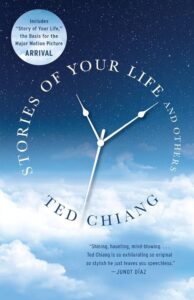
Story of Your Life (in the collection Stories of Your Life and Others) by Ted Chiang
If we could see our past, present, and future simultaneously, how would that change our experience of the world? Would we become godlike? Would we try to rebel against our fate? In Chiang’s hands, an extraterrestrial first-contact story becomes a powerful and provocative answer to that question.
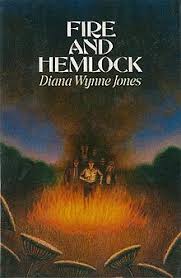
Fire and Hemlock by Diana Wynne Jones
One of the first books I ever read (and loved) about memory manipulation was this 1984 fantasy in which a young woman begins to suspect that her childhood memories hide another set of buried ones, in which she discovered a supernatural underworld and ran afoul of the Queen of the Fairies. Like William Wordsworth—famous as a poet of memory—Jones understood that the whole world tends to feel more tantalizingly magical to children than it does to adults.
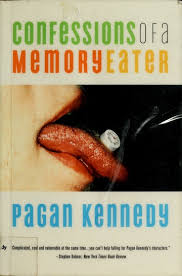
Confessions of a Memory Eater by Pagan Kennedy
In this 2006 novel, a memory drug offers a washed-up academic an escape from midlife crisis into golden moments of his past. While former zine publisher Kennedy is technically (just barely) a boomer, this book shows she had her finger on the pulse of Generation X’s “retrophilia,” as I call it in The Midnight Club.
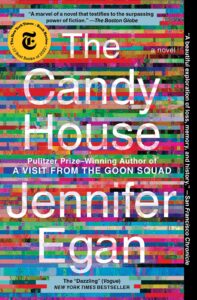
The Candy House by Jennifer Egan
Egan’s sequel to Pulitzer Prize winner A Visit From the Goon Squad asks: What if a tech giant developed software that allowed you to download your own memory and “Own Your Unconscious”? This brilliant novel is less about personal than collective memory. Egan suggests that the internet has become a memory extender and an archive of experience for all of us, luring us into its inescapable web just as the witch’s candy house lured Hansel and Gretel.
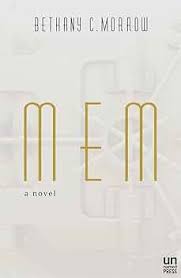
MEM by Bethany C. Morrow
In tales of memory manipulation, the flip side of being able to relive a good memory is being able to remove a bad one. But there’s always a price. In this novel, set in an alternate 1920s Montreal, Morrow envisions a procedure that allows the wealthy to transform their unwanted memories into static doppelgängers of themselves—Mems—who are doomed to remain trapped in that one moment forever. The protagonist is a Mem who manages to develop her own memories and consciousness, reminding the reader of everything we lose by censoring the past.
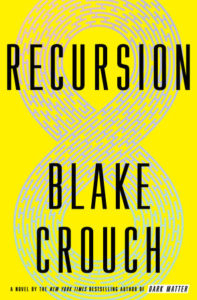
Recursion by Blake Crouch
With memory manipulation comes the disturbing possibility of developing false memories that can’t be distinguished from true ones. In Crouch’s clever speculative thriller, which recalls the trippiness of vintage Philip K. Dick, a time travel device leads to a mass outbreak of “False Memory Syndrome” that menaces the human race.
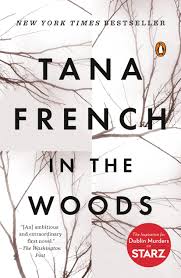
In the Woods by Tana French
While French writes superb procedural mysteries rather than science fiction, the lure and unreliability of memory are potent themes running through her work. The narrator of her debut novel is a detective with a terrifying gap in his childhood memories: the day he and two friends went missing. He was the only one to return, with no recollection of what had happened. As the detective insinuates himself into a murder case in the same wooded area where his friends vanished, we discover how a preoccupation with unlocking the past can make it impossible to live in the present. This is a good cautionary tale for any memory obsessive!
***


